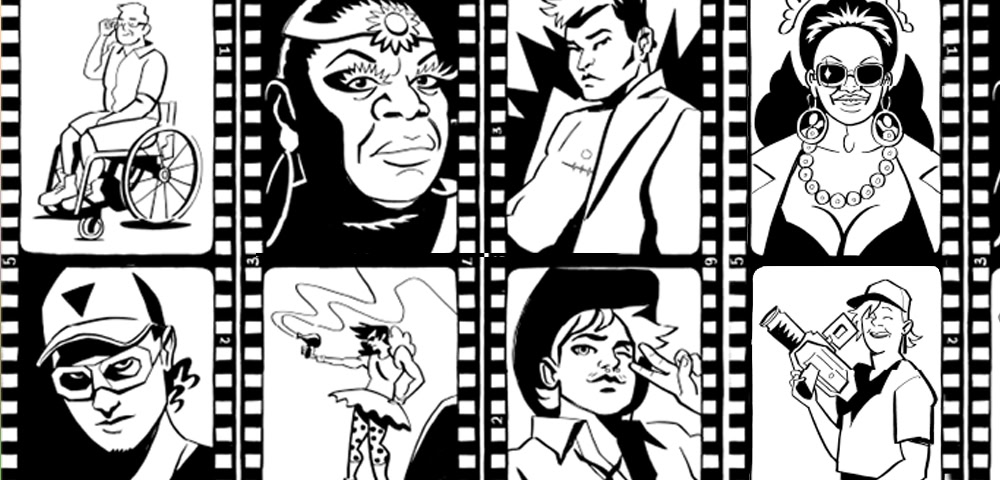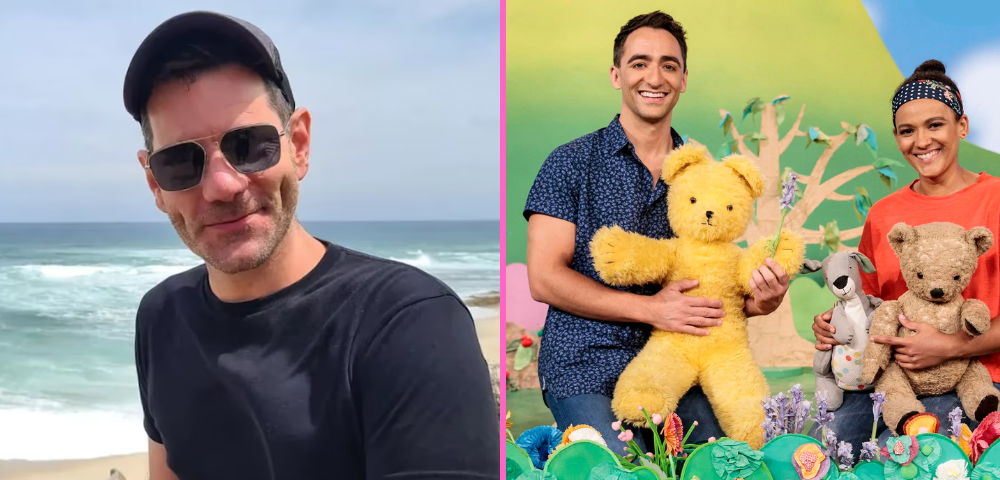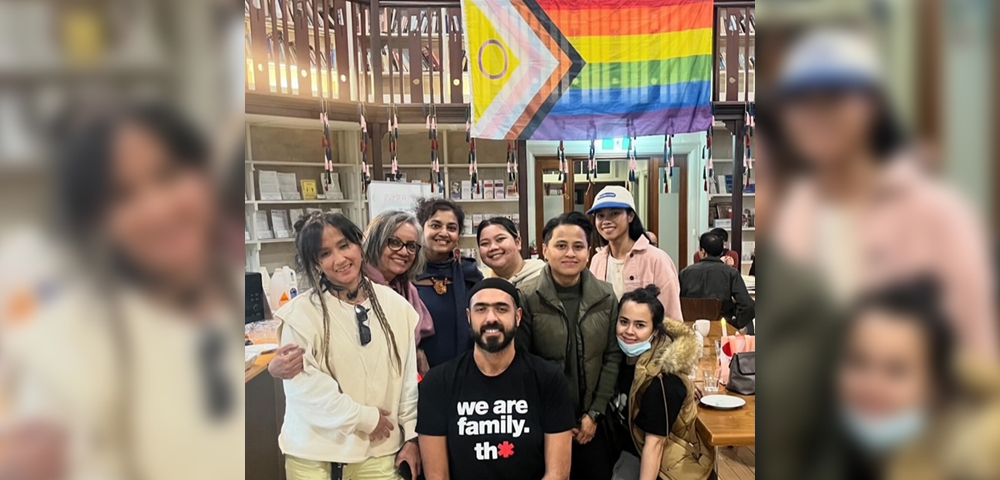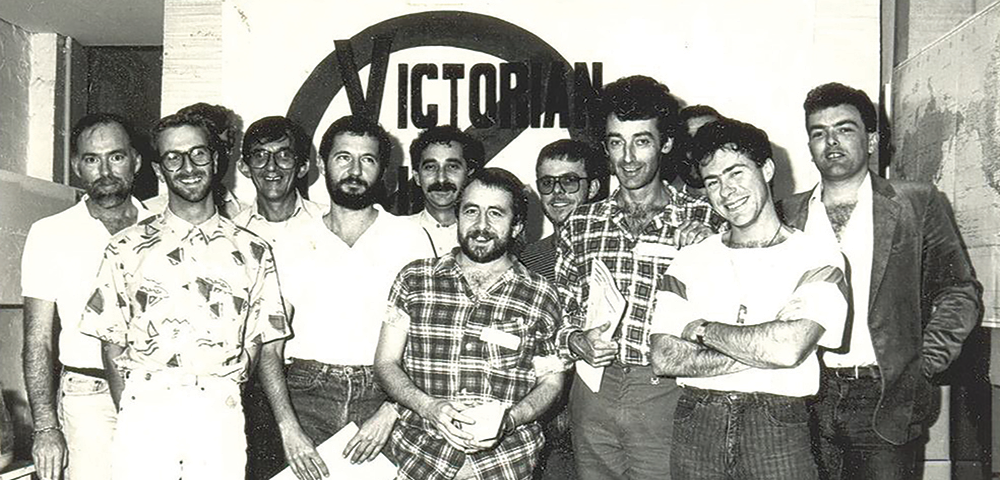
Forces defend diversity
The Australian Defence Force (ADF) is doing all it can for gay and lesbian military personnel, according to Australia’s defence gay and lesbian network, Defence Gay and Lesbian Information Service (DEFGLIS).
Australian Navy Chief Petty Officer and DEFGLIS founder Stuart O’Brien told Southern Star the acceptance of gay and lesbian military personnel is a battle largely won.
“I don’t think there’s much more we could ask for. We’ve got really good policies in place to protect everyone from discrimination, we’ve got the housing benefits that are extended to married couples and de facto couples,” he said.
“What’s next, I don’t know, maybe servicemen and women in uniform at Mardi Gras next year, who knows?”
Not everyone has it so good, however.
O’Brien served alongside US troops in Baghdad. He said the US military’s ‘Don’t Ask, Don’t Tell’ policy can have tragic consequences.
“A young US solider approached me … and was pretty happy he had met some Australians he could talk freely to, because his partner was killed in Iraq and he had no one he could talk to.
“We sat with him for quite some time and helped him with his grieving and offered him counselling and support from our chaplain to help him through.
“I’m hoping one day things will change so [US military personnel] don’t have to rely on us, they can rely on their own services to help them through times of hardship like that.”
O’Brien has been giving talks in the US over the last two years at the Georgetown University Law Centre and the Truman Library to explain how the ADF deals with gay and lesbian servicemen and women since the 1992 ban on homosexuals serving in the ADF was lifted.
“We’ve marched in Mardi Gras the last three years running and had really good feedback,” he said.
“I think that’s spreading the word that we’re not a homophobic environment any more, that defence embraces diversity.”
Since DEFGLIS was founded in 2002, the group has grown from 12 to 400 members.
O’Brien said the overall attitude — including from the top — is matter-of-fact.
“At the end of the day, it’s a case of, ‘Can the person do the job? Yes, they can’, then they get on with it.”
On the inside culture of the ADF, O’Brien said he has always felt supported.
“Do we have issues coming out? Yeah, of course we do. It’s always a difficult time to come to that acceptance and finding if there’s support around, but nine times out of 10, I think we see our fellow colleagues do support us through that.”
info: DTs Hotel in Richmond is having drinks this Sunday, April 25 for Anzac Day from 2.30–6pm. A gold coin donation sausage sizzle is on from 4.30pm.










My partner was bashed to death whilst working for the Defence Force as a Civilian Employee back in 1991. His name was Danny Kennedy. At the time he suffered a lot being called Fairy and terrible things were done to him in the office etc by the Majors and other Army members. He was attempting to take legal action at the time he died.
After he started the legal action, they placed him in Legacy House at the front desk and told him to do nothing all day as they did not want Fairy